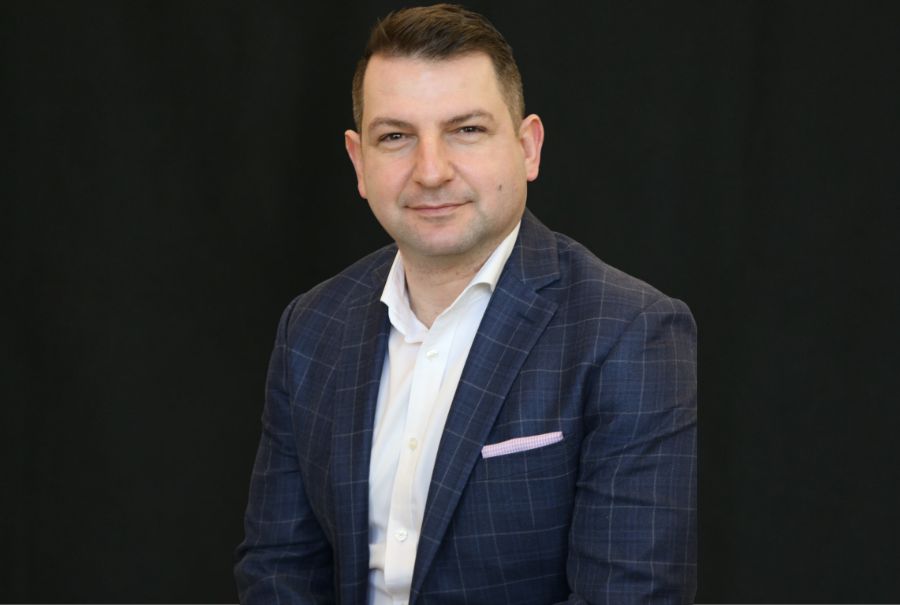The Swedish Karolinska Institutet has announced that UHN Executive Vice President of Education Dr. Brian Hodges will receive the Prize for Research in Medical Education. The prize, worth €50,000 (about C$73,000) was awarded toDr. Hodges for his research into how health professionals are trained and assessed around the world. Hewill receive the award at a ceremony in Stockholm, Sweden, onOctober 13,
“This year’s prize winner was an easy choice, as Professor Hodges’ research is of such outstanding significance, quality and originality,” says Professor Sari Ponzer, Chair of the Prize Committee. “It has led to changes in practice and has had an impact on medical education.Professor Hodges has embraced both quantitative and best-practice qualitative methodologies. The outcomes of the research are well recognized as a substantial contribution to the medical education literature.”
Dr.Hodges has devoted his career to advancing medical education. He holds the Richard and Elizabeth Currie Chair in Health Professions Education Research. He is also appointed a Professor at the Faculty of Medicine and Ontario Institute for Studies in Education at the University of Toronto, Canada.
“This year’s prize winner was an easy choice, as Professor Hodges’ research is of such outstanding significance, quality and originality. It has led to changes in practice and has had an impact on medical education. Professor Hodges has embraced both quantitative and best-practice qualitative methodologies. The outcomes of the research are well recognized as a substantial contribution to the medical education literature,” says Professor Sari Ponzer, Chair of the Prize Committee.
Dr.Hodges has advocated a closer examination of the role that medical education plays in society. His research focuses on the nature of competence, how it has been constructed in different historical periods, across different countries and cultures, and how it is assessed using a range of assessment tools and systems. He has successfully advocated including simulations and assessment of mental health and communication skills in examinations for medical students and residents and for other health professionals. This is now standard practice in his native Canada and many other countries.
“When I was in medical school, all exams were written or oral; there were few simulations as part of the examination process. Today, the use of simulated patients is widespread internationally, and has changed the way that medical students are assessed. In a perfect world, health professionals would go back every year of their career to engage in challenging simulations to test their clinical and communication skills. That’s what I’m currently working on,” says Professor Hodges.
“Our research team was the first in the world to experiment with the validity of complex communication and mental health simulations. I’m proud that these types of simulations are now part of the medical examination process, in combination with physical assessment. This is important, as we often need to deal with patients or family members who are anxious or emotionally distressed in a hospital environment. It is important to have the chance to practice in a safe environment before, for example, dealing with relatives of a dying patient or a patient who is angry or confused. I’m glad there is more focus on these types of teaching and assessment these days.”
“Communication is key for health professionals, both between patient/physician and between colleagues in the medical community. Caring and compassion are the foundation of our profession. I would also like to see a more team-based approach, as medicine is all about teamwork for safer practice. Team-based simulations should be part of all medical environments in the same way as other sectors including airlines, nuclear power and others where it’s essential to work together in unison, train together to help minimise risks.”
The Karolinska Institutet is also home to the Nobel Committee for Physiology and Medicine.Itis one of the world’s leading medical universities. Its mission is to contribute to the improvement of human health through research and education. Karolinska Institutet accounts for over 40 per cent of the medical academic research conducted in Sweden, and offers the country’s broadest range of education in medicine and health sciences.


